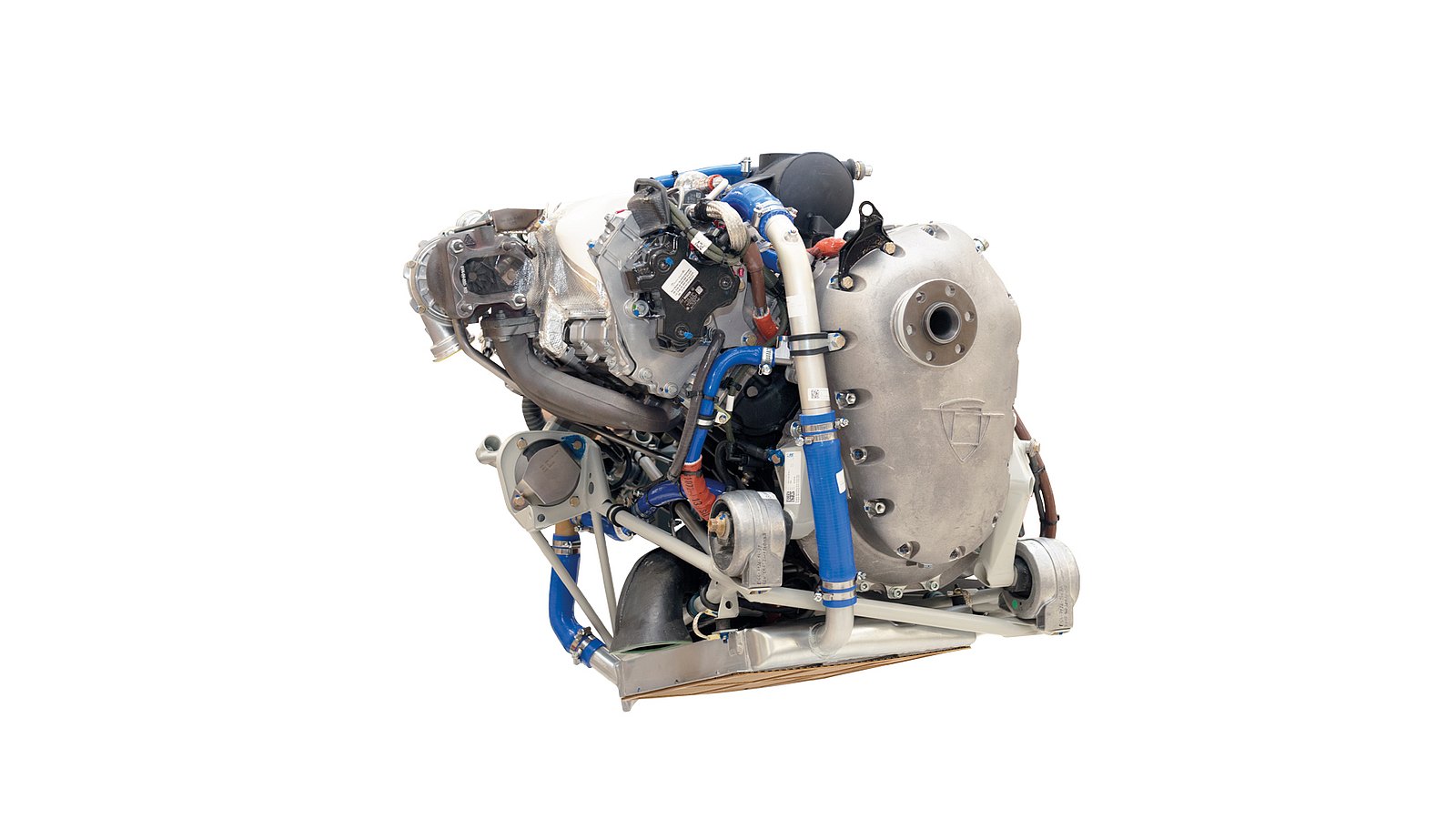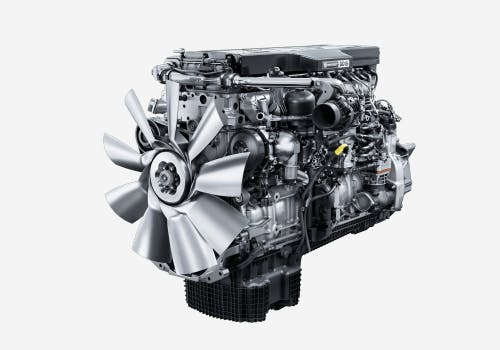A Full Overview to Buying from Engines For Africa
A Full Overview to Buying from Engines For Africa
Blog Article
A Total Overview to Selecting the Right Engine for Your Project
Picking the ideal engine for your project is a crucial decision that can dramatically impact its overall success. Each of these elements plays a pivotal role in ensuring that your picked engine not just satisfies instant objectives but also straightens with lasting desires.
Specify Your Project Needs
Defining your task needs is a critical action in picking the suitable engine for effective implementation. A thorough understanding of your job's purposes will assist you in identifying the capabilities and attributes required from an engine. Begin by describing the extent of your project, including the wanted functionality, target audience, and the certain outcomes you intend to achieve.
Following, consider the technical needs that straighten with your project goals. This includes reviewing the compatibility of the engine with existing systems, as well as the programming languages and frameworks that will be used. Furthermore, analyze the degree of scalability required to accommodate future growth or changes popular.
Budget plan restrictions likewise play a crucial function in defining your job needs. Establish a clear financial framework to direct your decision-making process, guaranteeing that the engine chosen fits within your budget while offering the required functionality.
Evaluate Performance Needs

Next, take into consideration the scalability of the engine. Examine whether it can deal with boosted work as your job expands. Engines that sustain straight scaling are commonly more effective for larger applications. Additionally, examine the engine's performance under various problems, such as peak usage scenarios, to ensure it satisfies your dependability criteria.
Consider Ease of Usage
While technical specs are important, the ease of use of an engine can dramatically impact the development process and overall job success. An intuitive user interface, clear documents, and structured process can drastically minimize the understanding contour for developers, allowing them to focus on imagination and analytical instead of facing facility devices.
When reviewing an engine's ease of use, consider the onboarding experience. A well-structured introduction, total with tutorials and example projects, can promote a smoother shift for new individuals. Furthermore, the clearness and comprehensiveness of the engine's documentation play an important function; detailed overviews and API references can encourage developers to repair and execute attributes efficiently.
One more facet to take into consideration is the engine's customization abilities. An engine that permits simple adjustments can be more easy to use, as developers can tailor it to fit their particular requirements without considerable inconvenience. Last but not least, assess the operations assimilation with devices and systems you already use. A natural environment can improve efficiency and reduce friction throughout the development process. Eventually, picking an engine that prioritizes simplicity of usage can cause an extra satisfying and efficient advancement experience.
Assess Area and Assistance
The their website stamina of an engine's area and support network can greatly influence a designer's experience and success. A vivid neighborhood typically shows a wide range of common knowledge, resources, and troubleshooting help that can boost your job's development process. When analyzing an engine, think about the dimension and task degree of its neighborhood. Larger areas normally supply much more forums, tutorials, and third-party plugins, enabling programmers to discover services a lot more efficiently.
Furthermore, evaluate the schedule of main assistance channels. Reputable documentation, receptive client support, and normal updates are vital for addressing technological concerns and maintaining your project on track. Engines For Africa. Energetic neighborhoods additionally foster collaboration, offering chances for networking and feedback, which can be vital, especially for independent designers or little groups
Furthermore, explore the presence of community-run events, such as hackathons or meetups. These gatherings can enrich your understanding of the engine while linking you with seasoned customers and potential collaborators. In summary, a robust community and support system not just streamline advancement however additionally develop a setting for learning and development, eventually improving the probability of your task's success.
Contrast Price and Licensing Alternatives
Budget considerations play an important function in picking the appropriate engine for your task, as the price and licensing alternatives can significantly impact both short-term expenditures and lasting stability. Engines For Africa. Various engines supply differing rates frameworks, which can consist of single acquisition fees, registration designs, or revenue-sharing contracts based on your job's profits

Licensing options additionally vary dramatically. Some engines are open-source, supplying adaptability and community-driven assistance, while others may call for exclusive licenses that restrict use and circulation. visit Recognizing the effects of each licensing design is crucial, as it impacts possession legal rights, future scalability, and potential lawful responsibilities.
Final Thought
In final thought, selecting the appropriate engine for a job requires a complete examination of defined task requirements, performance requirements, convenience of usage, area support, and cost factors to consider. By systematically addressing these essential aspects, decision-makers can guarantee alignment with both future and current project needs. An educated option ultimately boosts the probability of job success, allowing effective source allocation and maximizing possible results within the defined budgetary constraints.
Selecting the proper engine for your project is an essential decision that can dramatically affect its general success.Defining your job requires is an essential action in picking the ideal engine for successful execution. A comprehensive understanding of your job's purposes will certainly lead you in identifying the capabilities and features needed from an engine.When you have a clear understanding of your task needs, the next step is to assess the performance requirements of the engine.In final thought, choosing the suitable engine for a task necessitates a complete evaluation of specified project requirements, performance demands, ease visite site of usage, area assistance, and price factors to consider.
Report this page